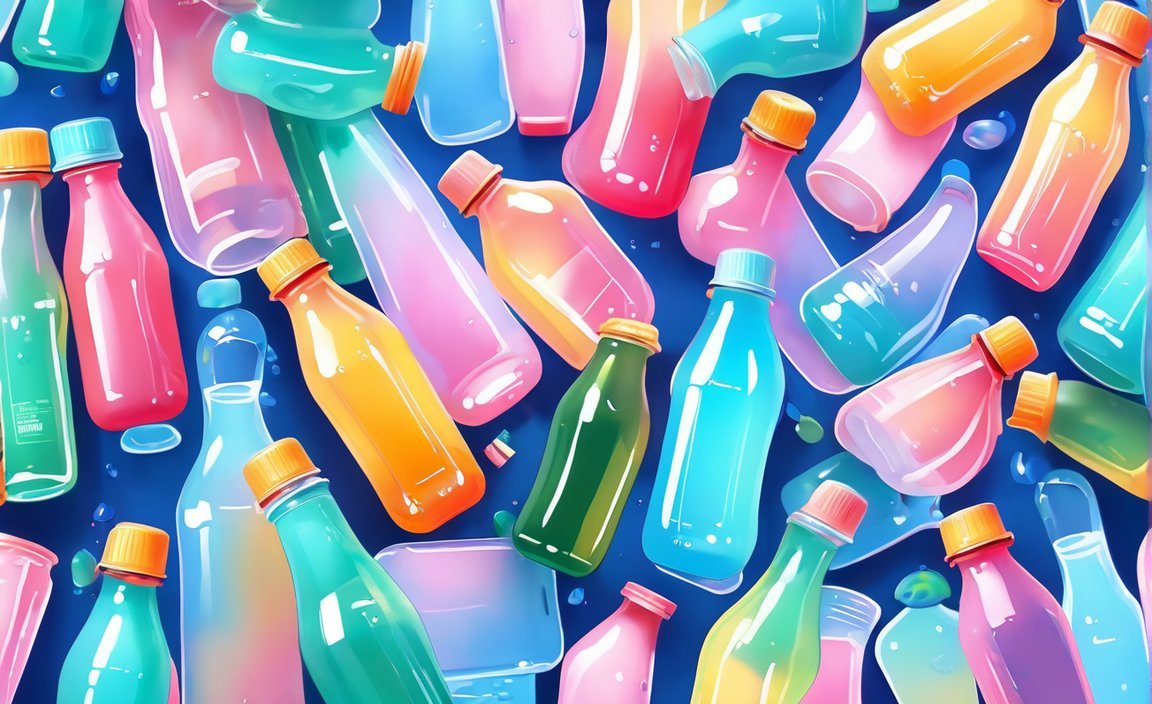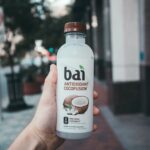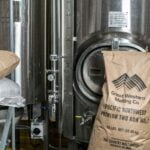Beneath the glossy surface of convenience and practicality, there lies a hidden truth about plastic bottles that demands urgent attention. As we navigate a world drowning in plastic waste, it becomes increasingly crucial to unveil the compelling facts surrounding these seemingly harmless containers. With less than half of plastic in the U.K. being recycled, a projected future where there will be more plastic in our oceans than fish by 2050, and the staggering existence of a plastic island three times the size of France, we must delve into the global impact, recycling challenges, and dire need for sustainable alternatives that confront this pervasive issue. Join us as we uncover the truth about plastic bottles and explore the path towards a more eco-friendly future.
Key Takeaways:
- Plastic bottles take up to 450 years to dissolve, contributing to long-lasting environmental damage. (Source: EQUA)
- The bottle itself accounts for 90% of the cost of bottled water, highlighting the excessive resource consumption. (Source: EQUA)
- A staggering 80% of plastic bottles never get recycled, exacerbating the global plastic pollution crisis. (Source: EQUA)
- In America alone, approximately 38 million plastic bottles end up in landfills each year, emphasizing the need for sustainable alternatives. (Source: EQUA)
- Billions of plastic bottles require 24,000,000 liters of oil for production, further depleting fossil fuel resources. (Source: EQUA)
- Every year, an estimated 13 billion plastic bottles are disposed of, intensifying the urgency for sustainable solutions. (Source: EQUA)
- Plastic bottles make up a third of all plastic litter found in the sea, posing a significant threat to marine ecosystems. (Source: EQUA)
- On average, it takes around four hundred years for a single plastic bottle to decompose, emphasizing the long-lasting environmental impact. (Source: EQUA)
- At the global level, one million plastic bottles are purchased every minute, highlighting the immense scale of the problem. (Source: Waste Advantage Magazine)
- The number of plastic bottles purchased worldwide is expected to increase by 21% by 2021, amplifying the urgency for sustainable alternatives. (Source: Waste Advantage Magazine)
Sources:
– EQUA: Facts about plastic bottles
– Waste Advantage Magazine: Plastic bottles
10 Facts About Plastic Bottles
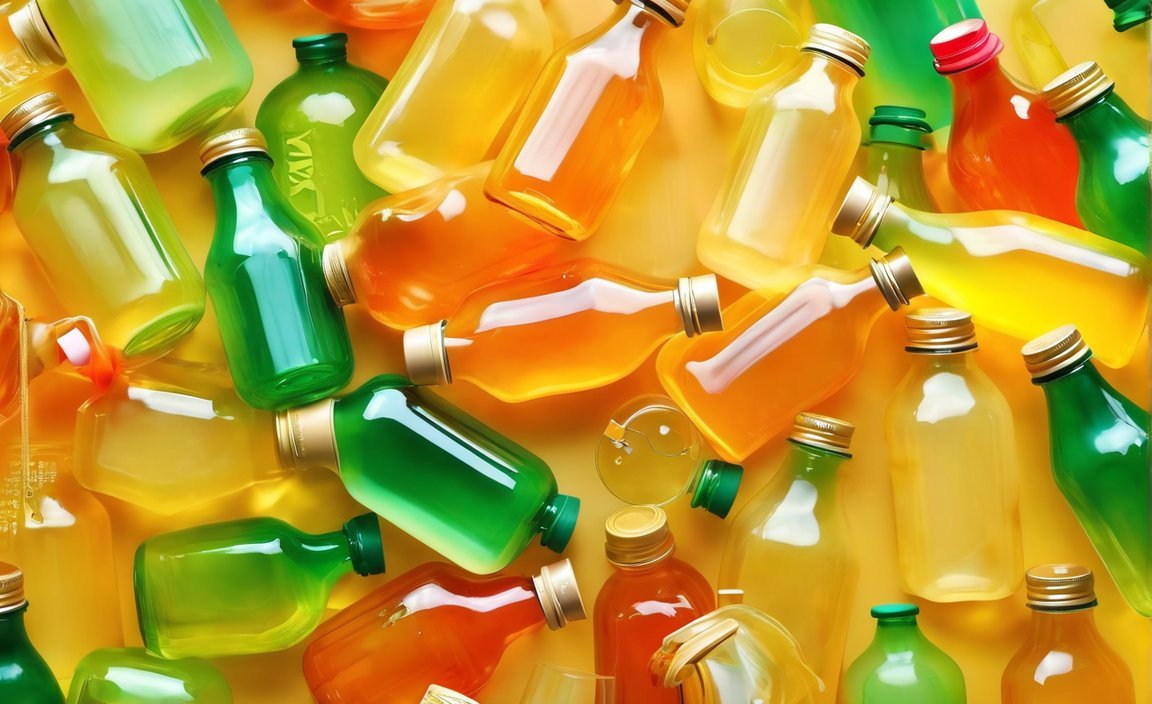
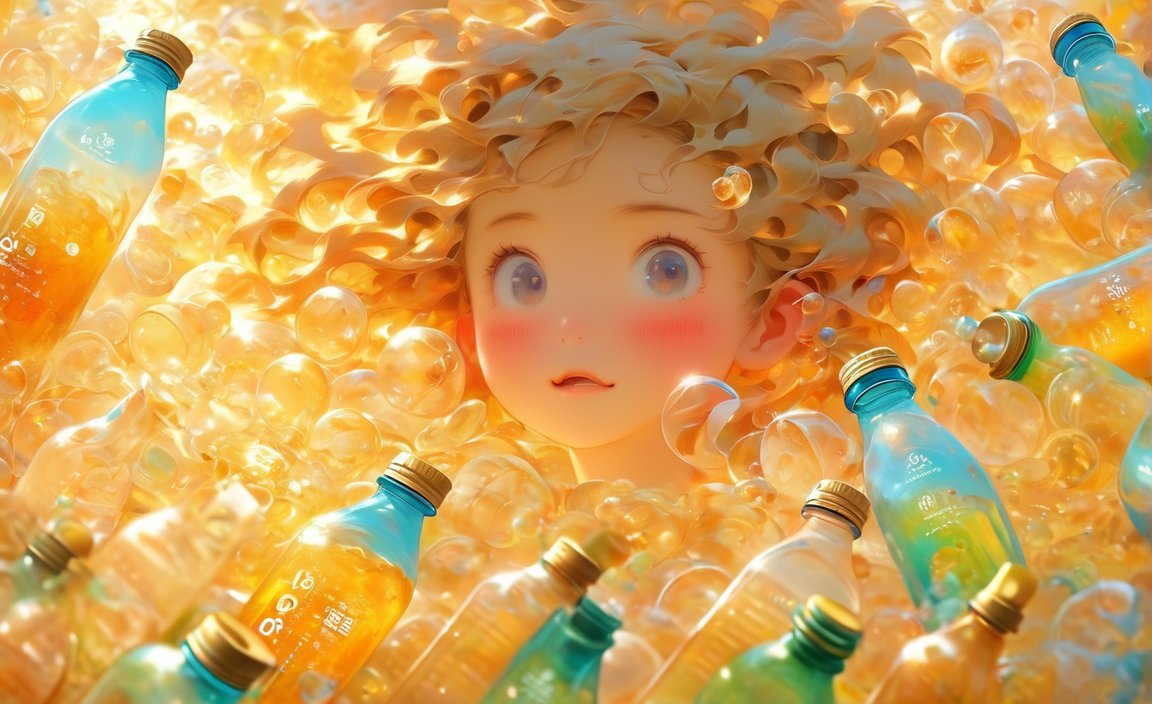
Plastic bottles have become an ubiquitous part of our daily lives, but their impact on the environment and society is far-reaching. Let’s delve into 10 compelling facts about plastic bottles that shed light on their global significance, recycling challenges, health implications, and the urgent need for sustainable alternatives.
Fact 1: Plastic Bottles Take Centuries to Decompose
Plastic bottles require an astonishingly long time to decompose. On average, it takes up to 450 years for a plastic bottle to dissolve entirely. This means that the bottles we consume today will linger on our planet for several lifetimes, contributing to the ever-increasing problem of plastic waste.
Fact 2: The High Cost of Bottled Water
Ever wondered why bottled water can be so expensive? Surprisingly, 90% of the cost of bottled water goes into producing the bottle itself. With the rising demand for convenience, we are inadvertently bearing the financial burden of single-use plastic bottles.
Fact 3: Recycling Woes
Despite efforts to promote recycling, the sad reality is that only 20% of plastic bottles ever get recycled. The majority end up in landfills, where they pose a significant threat to our environment. In the United States alone, a staggering 38 million plastic bottles find their way to landfills each year.
Fact 4: The Environmental Toll of Plastic Bottle Production
The production of plastic bottles is not only an environmental concern but also an immense drain on our natural resources. To produce the billions of plastic bottles consumed each year, approximately 24 million liters of oil are needed. This reliance on fossil fuels perpetuates our dependence on non-renewable energy sources and exacerbates climate change.
Fact 5: Mounting Plastic Waste Crisis
The scale of plastic bottle waste is staggering. Each year, an estimated 13 billion plastic bottles are disposed of globally. This astronomical number highlights the urgency to address this ever-growing environmental crisis.
Fact 6: Plastic Bottles and Marine Pollution
Our oceans suffer greatly from plastic pollution, and plastic bottles play a significant role in this ecological disaster. A third of all plastic litter found in the sea consists of plastic bottles. This poses a grave threat to marine life and ecosystems, as the plastic fragments into microplastics that can enter the food chain.
Fact 7: Longevity of Plastic Bottles in the Environment
Plastic bottles have an astonishingly long lifespan in the environment. On average, it takes about 400 years for a plastic bottle to decompose. This means that the bottles we use today will plague future generations with their lasting presence in our ecosystems.
Fact 8: Alarming Consumption Rates
The demand for plastic bottles continues to escalate rapidly. Every minute, one million plastic bottles are purchased worldwide. If this trend persists, by 2021, the number of plastic bottles purchased globally is expected to increase by 21%. This staggering statistic calls for immediate action to curb our plastic consumption.
Fact 9: Plastic Bottles in Urban Areas
Plastic bottles contribute significantly to litter in urban areas. In some regions, such as the Thames River in the UK, plastic bottles constitute 10% of the total litter found. This serves as a grim reminder of the pressing need for effective waste management and sustainable alternatives.
Fact 10: Enormous Plastic Bag Consumption
While our focus is primarily on plastic bottles, it is worth noting the alarming consumption of plastic bags as well. A mind-boggling 2 million plastic bags are used each minute, further adding to the plastic waste crisis we face globally.
These 10 facts paint a vivid picture of the environmental, social, and economic implications associated with plastic bottles. It is crucial that we take immediate action to reduce our reliance on single-use plastic and embrace sustainable alternatives. By making conscious choices, we can contribute to a cleaner, healthier planet for future generations.
Check out these 10 fun facts about Canada to discover fascinating insights about this incredible country. You won’t believe what you’ll learn! 10 fun facts about Canada
There is a Plastic Island in the Ocean Three Times Bigger than France
Plastic bottles have become an integral part of our daily lives, but their impact on the environment is immense. From their production to disposal, plastic bottles contribute to pollution, waste, and the devastating plastic island in the ocean that is three times bigger than France. Let’s delve into 10 compelling facts about plastic bottles that shed light on their global significance, recycling challenges, health implications, and the urgent need for sustainable alternatives.
Fact 1: Plastic Bottles Take Centuries to Break Down
Plastic, a man-made material invented in 1907, takes anywhere between 20 and 500 years to break down. This means that the plastic bottle you used today will persist in the environment for centuries, contributing to the overwhelming problem of plastic waste.
Fact 2: The Great Pacific Garbage Patch
One of the most shocking facts about plastic bottles is the existence of the Great Pacific Garbage Patch. This massive floating island of plastic is now three times the size of France. [^2^]
Fact 3: Plastic Bottles Outnumber Food in the Great Pacific Garbage Patch
The sobering reality is that the Great Pacific Garbage Patch contains 180 times more plastic than food at its surface. This staggering statistic highlights the urgency of addressing the plastic pollution crisis and finding sustainable alternatives. [^2^]
Fact 4: Plastic Bottles Contribute to Ocean Pollution
More than 5 trillion pieces of plastic are floating in our oceans, and plastic bottles make a significant contribution to this pollution. Marine wildlife has been greatly impacted, as they often mistake plastic bottles for food or become entangled in them.
Fact 5: Single-Use Mentality
Over 40 percent of plastic is used only once before it is thrown away. This single-use mentality contributes to the overwhelming amount of plastic waste that pollutes our landfills and oceans. Breaking free from this cycle is crucial to combatting plastic pollution.
Fact 6: Recycling Challenges
Despite efforts to promote recycling, approximately 80 percent of plastic bottles never get recycled. This is a staggering statistic that emphasizes the need for better recycling infrastructure, increased consumer education, and sustainable alternatives to plastic bottles.
Fact 7: The Environmental Cost of Plastic Bottle Production
Producing billions of plastic bottles each year necessitates a significant amount of fossil fuels. To put it into perspective, 24 million liters of oil are needed to produce these bottles. This extraction contributes to carbon emissions and further exacerbates climate change.
Fact 8: Health Concerns
Plastic bottles can pose health risks due to the leaching of harmful chemicals, such as bisphenol A (BPA), into the contents. These chemicals have been linked to various health issues, including hormone disruption and an increased risk of certain diseases. Opting for safer alternatives is vital for our health and well-being.
Fact 9: Plastic Bottle Consumption Rates
The consumption of plastic bottles worldwide is staggering. To visualize its magnitude, consider this: one million plastic bottles are purchased around the world every minute. By 2021, it is projected that the number of plastic bottles purchased will increase by 21 percent.
Fact 10: Urgent Need for Sustainable Alternatives
Given the alarming facts about plastic bottles, there is an urgent need to embrace sustainable alternatives. By reducing our reliance on plastic bottles and opting for reusable options, we can significantly reduce plastic waste, protect our oceans, and safeguard the planet for future generations.
Key Takeaways:
- Plastic bottles take centuries to break down, contributing to long-lasting pollution.
- The Great Pacific Garbage Patch is a massive floating island of plastic, three times the size of France.
- Plastic bottles outnumber food in the Great Pacific Garbage Patch by 180 times.
- Single-use plastic bottles contribute greatly to ocean pollution.
- Recycling rates for plastic bottles are alarmingly low, with approximately 80 percent never being recycled.
- Manufacturing plastic bottles requires a significant amount of fossil fuels, further contributing to climate change.
- Plastic bottles can leach harmful chemicals into their contents, posing health risks.
- The consumption rate of plastic bottles worldwide is staggering, with one million purchased every minute.
- Sustainable alternatives to plastic bottles are urgently needed to combat plastic pollution and protect our environment.
Sources:
– ABC News – ‘Great Pacific Garbage Patch’ is massive floating island
– Interesting plastic facts – The Australian Museum
FAQ
Q1: How much of the plastic used in the UK is actually recycled?
A1: Less than half of the plastic used in the UK is recycled.
Q2: Is it true that there will be more plastic in our oceans than fish by 2050?
A2: Yes, it is estimated that by 2050, there will be more plastic in our oceans than fish.
Q3: Are there any large plastic islands in the ocean?
A3: Yes, there is a plastic island in the ocean that is three times bigger than France.
Q4: What is the average time it takes for a plastic bottle to decompose?
A4: An average plastic bottle will take around four hundred years to decompose.
Q5: How much oil is needed to produce billions of plastic bottles?
A5: Approximately 24 million liters of oil are needed to produce billions of plastic bottles.
- Crypto Quotes’ Red Flags: Avoid Costly Mistakes - June 30, 2025
- Unlock Inspirational Crypto Quotes: Future Predictions - June 30, 2025
- Famous Bitcoin Quotes: A Deep Dive into Crypto’s History - June 30, 2025
